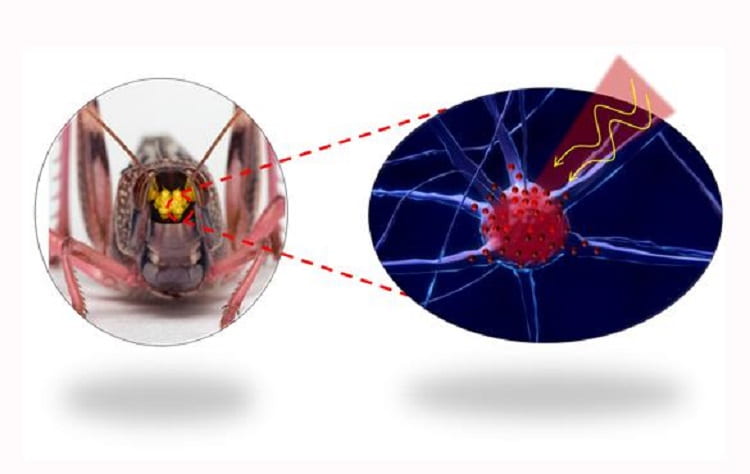The neurons in our brains are its basic computational units analogous to a computer transistor. They process information and send and receive messages to and from the rest of our bodies. Engineers at Washington University in St. Louis want to know if they can control certain neurons using nanotechnology to better understand behavior and disease.
Srikanth Singamaneni, professor of mechanical engineering & materials science, and Barani Raman, associate professor of biomedical engineering, both in the McKelvey School of Engineering, will combine their expertise in nanotechnology and neuroscience to develop an innovative toolkit that they anticipate will provide control of neural activity in the brain. They have received a four-year, $678,000 grant from the Air Force Office of Scientific Research to conduct the research.
